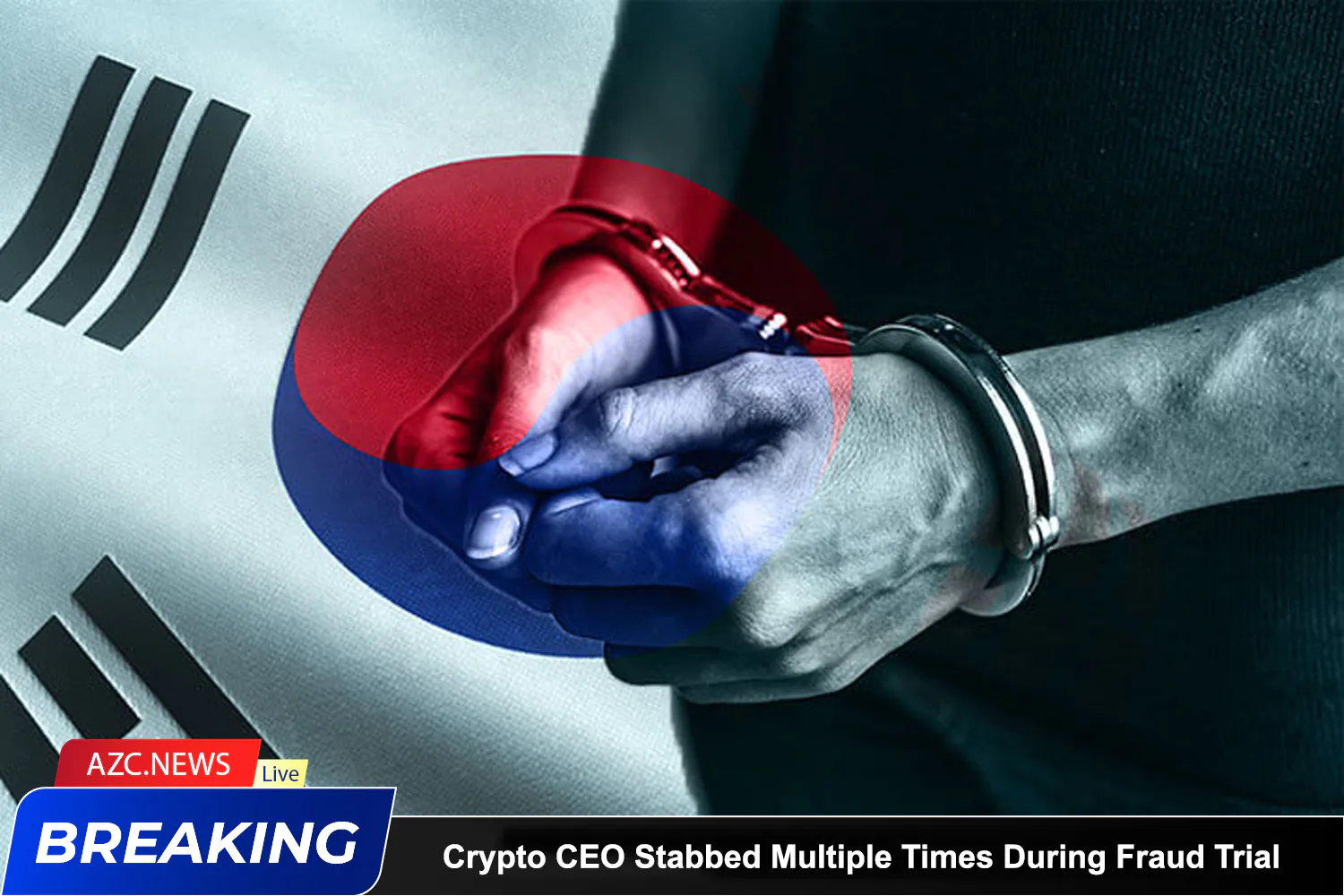In South Korea on Wednesday, the CEO of the cryptocurrency company Haru Invest was attacked during a court trial over allegations of fraud amounting to more than $800 million.
Hugo Hyungsoo Lee was stabbed multiple times in the neck by a man described by local media as being in his 50s. Lee was immediately rushed to the hospital for treatment.
Fortunately, his injuries are reported to be non-life-threatening. The attacker is believed to be a former customer of Haru Invest.
This trial has drawn significant attention, not only due to the large sums of money involved but also because it coincides with ongoing updates to South Korea’s consumer protection laws.
Lee is one of three executives who were arrested in February of this year on charges of embezzlement related to cryptocurrency worth 1 trillion won. Prosecutors allege that the executives accepted deposits from approximately 16,000 customers between March 2020 and June 2023 and invested all the funds, allegedly falsely claiming they were “managing them securely through diverse risk-based investment strategies.”

Haru Invest had advertised annual returns of up to 12% on digital asset investments for its customers. However, after June 2023, cryptocurrency withdrawals were suspended without prior notice.
Amid growing concerns about the consumer protections available in the cryptocurrency market, the South Korean government passed a law in June 2023 to safeguard user-held assets. This legislation, called the “Virtual Asset User Protection Act,” was enacted a year later.
The new law also aims to regulate unfair trading practices, enhance market oversight, and transfer regulatory authority to the Financial Services Commission (FSC).
This legislation replaces a previous ruling from 2021, which the FSC acknowledged had limitations that prevented authorities from effectively addressing many unfair trading practices.
Regulators also identified gaps in the previous regulations that failed to prevent user losses in the cryptocurrency market. The hope is that the new law will more effectively oversee and penalize virtual asset service providers while offering relief measures to victims.






